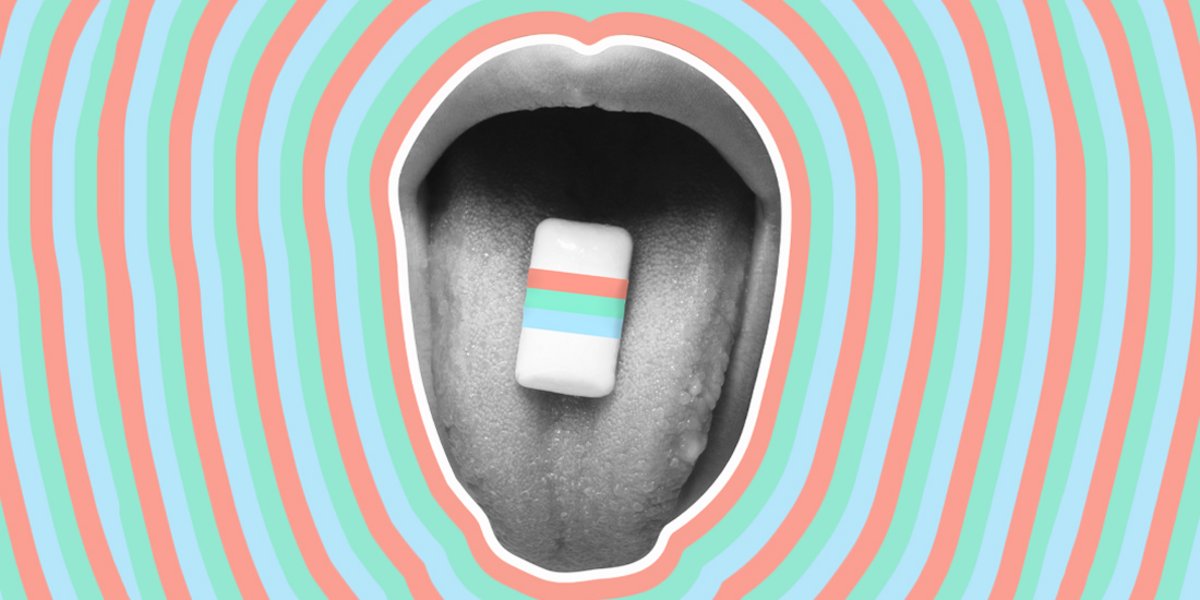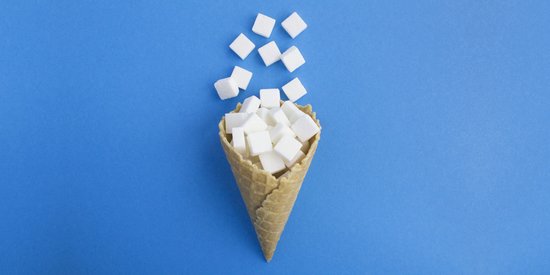Eva explains her liberation and her catalysts to break free and say stop to sugar. That said, before starting with Eva's story, it would be nice to put things into perspective a little bit. We all know now that sweet pleasures are now even found in salty foods. Yes, sugar is everywhere! It goes without saying that it is one of the most highly consumed foods in almost every country. Whether it’s slow, quick-acting or hidden, sugar is present everywhere in our diet and unfortunately, it is very often added to most food products without our knowledge. The damage to our health is considerable and the solitary image that sugar just causes cavities in our teeth is old hat. Even if our arteries pay dearly for our excesses of sugar, all the little sweets cause and increase the risk of diabetes and obesity, placing them at the top of the list of problems that can be linked to excess sugar. These remain examples known to the general public but there are unfortunately many others.
Did you know that high consumption of sugar not only increases cardiovascular risks, but can also affect our mental health? You have surely heard of sugar addicts? It may come as a surprise to you, but one of the latest studies points out that an excess of sugary drinks accentuates the problems of depression and that added sugar promotes the development of Alzheimer's disease.
Sugar could make you dependent! The news will not surprise candy or chocolate “addicts”
Of course, alternatives to sugar have multiplied in recent years. But a completely different study carried out at the CNRS in Bordeaux has shown that sugar makes people dependent and that, from the addictive point of view, it produces similar effects to the consumption of cocaine. That having been said, the road between dependence and addiction is a long one.
What interests us here though, are the solutions. Let's see how Eva, a sugar addict for many years, managed to say “ Stop!” in just a few weeks.
“I confess to having consumed sugar for years, in any form whatsoever, moreover I can even say that I consoled myself by eating sweet things.
It started in the morning at breakfast, then was added to in the morning by having a few coffees, then I treated myself to sweet pleasures during the day, at lunch, in the afternoon and in the evening too,. In fact, my life was centred around, and ended up being completely orientated, towards sugar. One day I was fed up of it, and a friend recommended a naturopath. I put a higher fat diet into place to avoid my cravings. I found other alternatives to sugar using much more natural sugars such as coconut sugar, birch sugar, and agave syrup.
I feel much better in my body and in my head and felt the positive effects very quickly. Hypnosis has also helped me a lot and I have also lost more than 8 kg since starting my meetings between my nutritionist and also my therapist. Socially, it's not that complicated, since I eat fruit, vegetables, rice, proteins, legumes. Am I making some allowances? Obviously, like chocolate with 92% cocoa.”
So then, should we really banish sugar from our diet?
The answer is no! Since our bodies need carbohydrates and carbohydrates give us energy. That said, there is a quantity not to be exceeded, which is 30 to 35g of added sugar per day, which still represents 6 to 7 sugar cubes. In order to avoid any problem of hypoglycaemia, we invite you to monitor your blood sugar levels and thus adjust the amount of sugar that is essential for your personal energy needs.
So, if we recap the different pieces of advice coming from different nutritionists, it is not at all advisable to give up all the desserts that put a little sweetness into your life. Quite the contrary, you simply have to pick among the many alternatives that exist and, thanks to them, to succeed in reducing to the quantity of sugar that is required for our health.
Pffff I was scared just then… We still have the notion of pleasure! In summary, everything is a question of dosage and the choice of the quality of the sugar… Yeah! How to explain to an addict that they should try to moderate their sugar consumption? This explanation of nutritionists may seem simplistic, but some neuroscientists can prove to us that therapeutic help remains essential for some, and that these two factors in combination will generate results.
At the beginning of the 20th century, France consumed barely a kilo of sugar per year per inhabitant. Today, this exceeds thirty kilos. And France is certainly not alone. Sugar is everywhere and its addictive power has been proven by numerous scientific studies.
The advice from Womensdestiny: get a balanced diet and find a sugar substitute. Here is one very simple example; it only takes two eggs in the morning for a week to rebalance your dopamine.
Treatment by a therapist or self-hypnosis exercises (The Coué Method) for physical dependence should also be accompanied by advice on nutrition and micronutrition.









